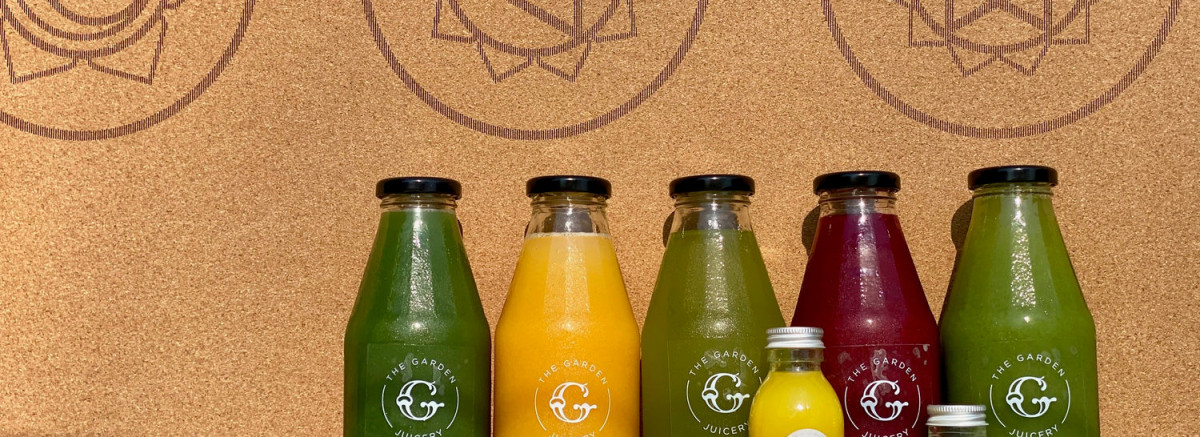
Why Cold-Pressed Juice Tastes So Fresh
In recent years, cold-pressed juice has emerged as a popular choice for health enthusiasts and those seeking a refreshing, nutrient-packed beverage. Unlike traditional juicing methods, which rely on high-speed blades that generate heat, cold-pressed juice is made using a hydraulic press. This method extracts juice from fruits and vegetables without the use of heat, which helps preserve nutrients, enzymes, and natural flavor. But why exactly does cold-pressed juice taste so fresh? Let's delve into the factors that contribute to its vibrant taste and nutritional benefits.
### The Cold-Press Process
To understand the freshness of cold-pressed juice, it's essential to know how it's made. The process begins with washing and cutting the produce. The fruits and vegetables are then crushed and pressed using a hydraulic press, which applies thousands of pounds of pressure to extract the juice. Because no heat is involved, the juice retains its natural taste and nutritional profile.
### Preservation of Nutrients
One of the key reasons cold-pressed juice tastes so fresh is because the method preserves more nutrients compared to traditional juicing. Heat and oxidation, which occur in conventional juicers, can degrade vitamins and minerals. Cold-pressed juice maintains higher levels of nutrients such as vitamin C, B vitamins, and antioxidants, which contribute to its fresh flavor and vibrant color.
### Minimal Oxidation
Oxidation is a chemical reaction that can cause the breakdown of nutrients and the development of off-flavors. Since the cold-press method minimizes exposure to air, there is less oxidation, helping the juice retain its fresh taste for longer. This is why cold-pressed juices often have a more vibrant color and taste compared to juices made with centrifugal juicers.
### Rich, Full-Bodied Flavor
Cold-pressed juice offers a rich, full-bodied flavor that stands out from other juices. This is because the hydraulic press extracts juice that contains more pulp and fiber, which not only enhances the taste but also adds a satisfying texture. The result is a juice that is closer to the natural taste of the fruits and vegetables used, providing an authentic and enjoyable drinking experience.
### Fresh Ingredients
Another factor contributing to the freshness of cold-pressed juice is the quality of the ingredients used. Cold-pressed juice producers often prioritize fresh, high-quality produce, sometimes opting for organic or locally-sourced options. These fresh ingredients are packed with flavor and nutrients, which are then transferred to the juice, resulting in a fresher taste.
### Short Shelf Life
Cold-pressed juice typically has a shorter shelf life compared to pasteurized juices. This is because it is not subjected to heat treatment that extends shelf life by killing bacteria. While this might be seen as a downside, it also means that cold-pressed juices are often consumed closer to their production date, ensuring that they are enjoyed at their freshest.
### Health Benefits
The fresh taste of cold-pressed juice is not just a sensory pleasure; it also signifies a healthier product. By preserving more nutrients and enzymes, cold-pressed juices offer a powerful health boost. Regular consumption can support immune function, improve digestion, and provide a natural energy boost, all of which contribute to overall well-being.
### Conclusion
The freshness of cold-pressed juice is a result of the careful process used to create it. By preserving nutrients and minimizing oxidation, cold-pressed juice offers a taste that is both vibrant and authentic. Whether enjoyed as a morning pick-me-up or a refreshing afternoon treat, cold-pressed juice provides a delicious way to consume a concentrated dose of fruits and vegetables. As more people become aware of its benefits, the demand for cold-pressed juice is likely to continue growing, cementing its place as a staple in the world of health and wellness.
